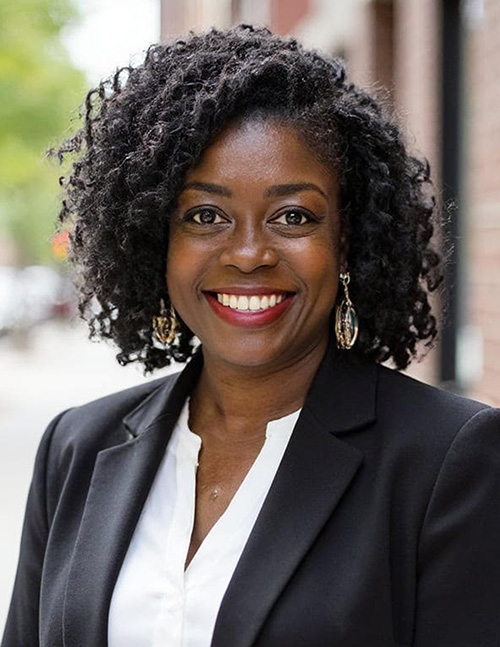
I used to think identity was a static characteristic, something fixed that I had to define and defend. But what maturity (and leadership) has taught me is that identity is far more dynamic than I once believed. That the define-and-defend mindset I had towards identity was actually keeping me tied to a version of myself I had already outgrown and hindering a version of myself I’d yet to uncover. And it was leadership – and the experiences it brings – that became the catalyst for that growth.
It was my first leadership role that began this growth for me. I’d served under a number of leaders who were examples of what not to do, so in contrast I was convinced that my job was to make everyone on my team happy. I believed that treating people well and creating an enjoyable environment was the formula for success. But I quickly learned that this plan was flawed: well-intentioned, but rooted in what I needed, not what the team required.
That experience revealed three things: 1) I had a lot more to learn about leadership. 2) My leadership couldn’t be based solely on my personal identity, at least not a static version of it. 3) Identity itself is something that evolves over time.
These lessons set me on a path that led to self-awareness and the power that comes with cultivating it. I began to see that developing self-awareness was something slightly different than being clear on my identity and purpose, which were things I’d prioritized before. The lens of self-awareness challenged what I’d defined as my identity, revealing that I was functioning under limiting beliefs mislabeled as my identity. The truth is that our identity isn’t just how we define who we are. It’s also who we believe we’re allowed to be; allowances given by family, faith, culture, race, gender, and the unspoken rules absorbed early on. Shining the light of self-awareness on my identity opened possibilities that changed the trajectory of my life and leadership.
John Henry Newman said, “To live is to change, and to be perfect is to have changed often.” I don’t believe Newman meant we become someone entirely different, but that we are intentional in learning and evaluating ourselves so that we can effectively better both self and others. I believe each of us was created with a unique contribution for the world, and I believe growth in self-awareness helps us fulfill that potential. While our identity often begins forming in adolescence – shaped by culture, community, and circumstance – not all of those early influences are meant to stay with us forever, and this is where self-awareness becomes essential. It’s more than a trendy self-help buzzword. Self-awareness is a leadership practice. It’s the quiet habit of checking in with self before reacting, reflecting on the “why” behind our decisions, and recognizing the gap between our intentions and our impact. It’s the vulnerability of knowing our insecurities and the strength of accepting our weaknesses. It’s the clarity of our boundaries, and the blueprint for our growth. Without self-awareness, we may continue to lead from old wounds, outdated beliefs, or ego-driven assumptions. With it, we create space to lead from clarity, humility, and growth.
As leaders, our greatest asset is influence, and our ultimate goal is to develop people. What we don’t address in ourselves, we unconsciously pass on to others. As John Maxwell puts it, “You teach what you know, but you reproduce who you are.” One of the most powerful things we can offer those we lead is the ability to stay anchored in who they are, while remaining open to who they’re capable of becoming. If we haven’t done the work of growing beyond outdated pieces of our identity, we end up recreating environments that lack psychological safety, innovation, or trust – no matter how polished our performance looks on the surface. To be a truly effective leader, we must lead not from a role, but from a relationship that models transformation. Identity-aware leaders understand that developing people does not begin with telling them what to do; it begins with modeling what it looks like to reflect, reset, and evolve.
Identity isn’t a box; it’s a foundation. When we’re rooted in who we are and open to who we’re becoming, we lead with both confidence and humility. We become less reactive, more resilient, and more capable of helping others grow into their own leadership capacity.
To lead with an anchored identity while still making space to grow, we must ask:
– What version of myself am I leading from today?
– Who am I becoming, and am I making space for others to do the same?
– What parts of my identity serve me, and which ones am I being invited to outgrow?